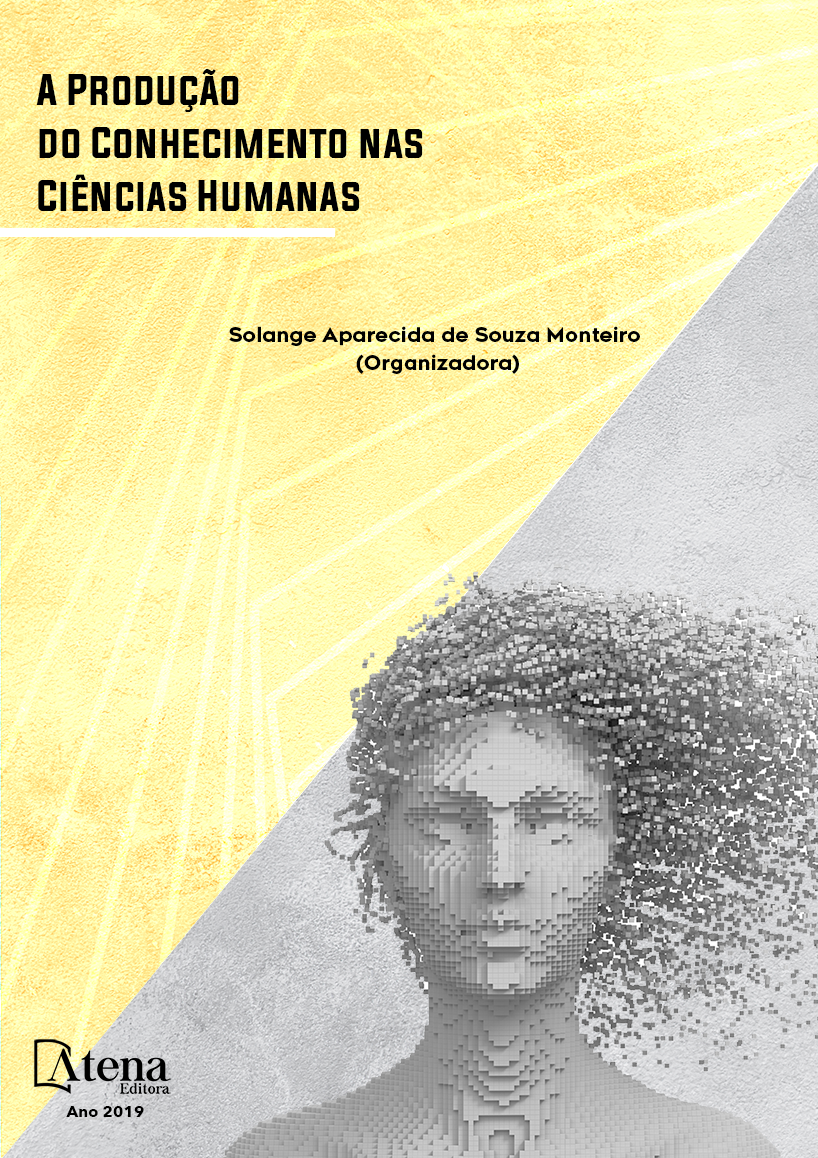
A luta pela terra e a recriação camponesa no assentamento Ubá-Santa Quitéria-Ceará
O presente artigo tem como objetivo
entender o processo de luta dos camponeses
pela conquista da terra do assentamento
Ubá do município de Santa Quitéria- Ceará,
buscando apreender como os camponeses
resolveram resistir e lutar contra a dominação
dos latifundiários. Nesse sentido, o problema da
pesquisa situa-se em uma realidade de avanço
do capitalismo e de crescente precarização
das condições de trabalho no campo. Diante
dessa realidade contraditória e excludente, os
camponeses têm sido incansáveis na luta pela
manutenção do modo de vida campesino. O
assentamento Ubá é fruto dessa luta pois, o
intenso processo de expropriação e exploração
vivenciado pelos moradores desencadeou
a luta pela conquista da terra. Utilizou-se
como metodologia a aplicação de entrevistas
semiestruturadas, revisão bibliográfica e
pesquisa de campo. Identificou-se que a terra
da fazenda Ubá pertencia à diocese de Sobral
e, que a luta pela conquista da terra teve início
em 1986 tendo como estopim a mudança de
gerente. Os moradores de Ubá insatisfeitos
com o novo gerente, uniram-se aos moradores
da fazenda vizinha iniciando a luta contra a
dominação dos latifundiários. Portanto, no
contexto da luta os camponeses têm suas
reivindicações aceitas pela Igreja em 1988,
dando origem ao assentamento. A conquista
do assentamento tem garantido a reprodução
camponesa no território capitalista, garantindo
assim a permanência na terra.
A luta pela terra e a recriação camponesa no assentamento Ubá-Santa Quitéria-Ceará
-
DOI: 10.22533/at.ed.7601924049
-
Palavras-chave: Assentamentos rurais; Campesinato; Reforma agrária.
-
Keywords: Rural settlements; Peasantry; Land reform.
-
Abstract:
The objective of this article is
to understand the process of struggle of the
peasants for the conquest of the land of the
Ubá settlement of the municipality of Santa
Quitéria - Ceará, seeking to understand how the
peasants resolved to resist and fight against the
domination of the landowners. In this sense, the
research problem lies in a reality of the advance
of capitalism and the growing precariousness
of working conditions in the countryside. Faced
with this contradictory and exclusive reality, the
peasants have been tireless in the struggle for
the maintenance of the peasant way of life. The
Ubá settlement is the result of this struggle,
since the intense process of expropriation and
exploitation experienced by the inhabitants
unleashed the struggle for the conquest of the
land. The methodology used was the application
A Produção do Conhecimento nas Ciências Humanas Capítulo 9 108
of semi-structured interviews, bibliographic review and field research. It was identified
that the land of the farm Ubá belonged to the diocese of Sobral and that the struggle
for the conquest of the land began in 1986 having as a stop the change of manager.
The residents of Ubá, dissatisfied with the new manager, joined the residents of the
neighboring farm, beginning the struggle against the domination of the landowners.
Therefore, in the context of the struggle the peasants have their claims accepted
by the Church in 1988, giving rise to the settlement. The conquest of the settlement
has guaranteed the peasant reproduction in the capitalist territory, thus ensuring the
permanence on the land.
-
Número de páginas: 15
- Sandra Maria Fontenele Magalhães
- Janaiára Maria de Paiva Ferreira


